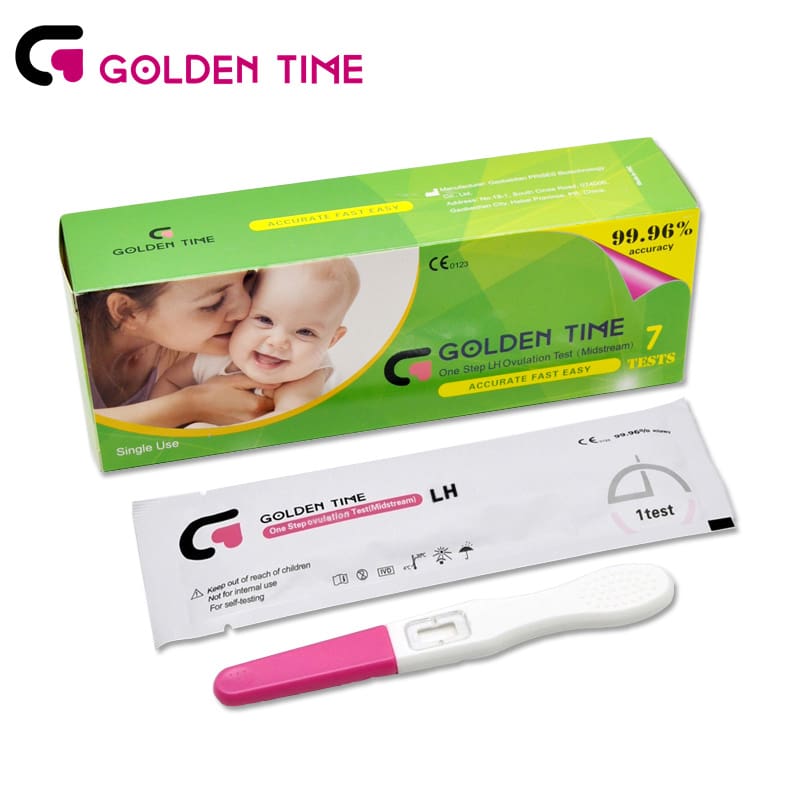Sep . 02, 2024 01:39 Back to list
Wholesale Malaria Card Test - Affordable and Reliable Diagnostic Solutions
Wholesale Malaria Card Test A Game Changer in Disease Diagnosis and Management
Malaria, a life-threatening disease caused by parasites transmitted through the bites of infected mosquitoes, has long posed a significant public health challenge, particularly in tropical and subtropical regions. Rapid and accurate diagnosis is critical in the fight against malaria, as timely treatment can save lives and prevent the spread of the disease. One innovative solution that has emerged in recent years is the wholesale malaria card test, a tool that is revolutionizing the way malaria is diagnosed and managed.
The wholesale malaria card test is a rapid diagnostic test (RDT) that enables healthcare providers to detect the presence of malaria parasites in a patient's blood sample quickly and efficiently
. This test is designed to provide results within 15-30 minutes, allowing for immediate treatment decisions. The ease of use and rapid turnaround makes it particularly valuable in remote and resource-limited settings where access to laboratory facilities may be limited.One of the most significant advantages of the wholesale malaria card test is its cost-effectiveness. By sourcing these tests in bulk, healthcare providers and organizations can reduce costs significantly, making them accessible to a larger population. This affordability encourages widespread usage in endemic regions, where early detection is crucial for controlling outbreaks.
wholesale malaria card test

Moreover, the wholesale model ensures the consistent supply of malaria tests that meet quality standards. Reliable testing is essential, as false-negative results can lead to delayed treatment and increased mortality rates. By working with reputable manufacturers, organizations can ensure that the tests are effective and adhere to international standards, thereby improving patient outcomes.
In addition to its cost and efficiency benefits, the wholesale malaria card test plays a pivotal role in malaria surveillance and management programs. By equipping healthcare facilities with these tests, public health officials can gather more accurate data on malaria prevalence and transmission patterns. This information is vital for developing targeted interventions and allocating resources effectively, ultimately leading to better health outcomes in affected communities.
In conclusion, the wholesale malaria card test represents a significant advancement in malaria diagnosis and management. Its rapid results, affordability, and potential to enhance public health data collection position it as an invaluable tool in the ongoing fight against malaria. By improving access to quality diagnostic tests, we pave the way for more effective interventions, reducing the burden of this devastating disease on individuals and communities worldwide. As we continue to tackle malaria, innovations like the wholesale malaria card test are critical in achieving our goal of malaria elimination.
-
Dengue NS1 Rapid Diagnostic Test Kit
NewsMar.07,2025
-
Dengue NS1 Rapid Diagnostic Test Kit
NewsMar.07,2025
-
Dengue NS1 Rapid Diagnostic Test Kit
NewsMar.07,2025
-
Transferrin Rapid Test Cassette Tumor Marker TF Card
NewsMar.07,2025
-
Malaria Pf Pan Rapid Diagnostic Test Kit
NewsMar.07,2025
-
malaria pf / pan ag rapid test
NewsMar.07,2025

